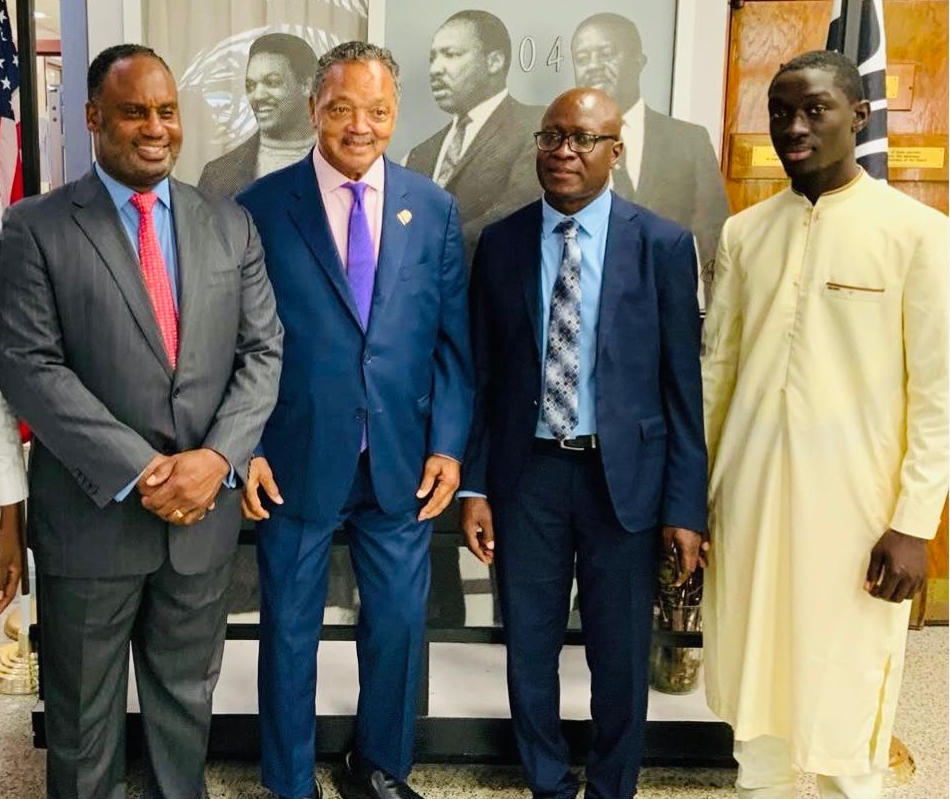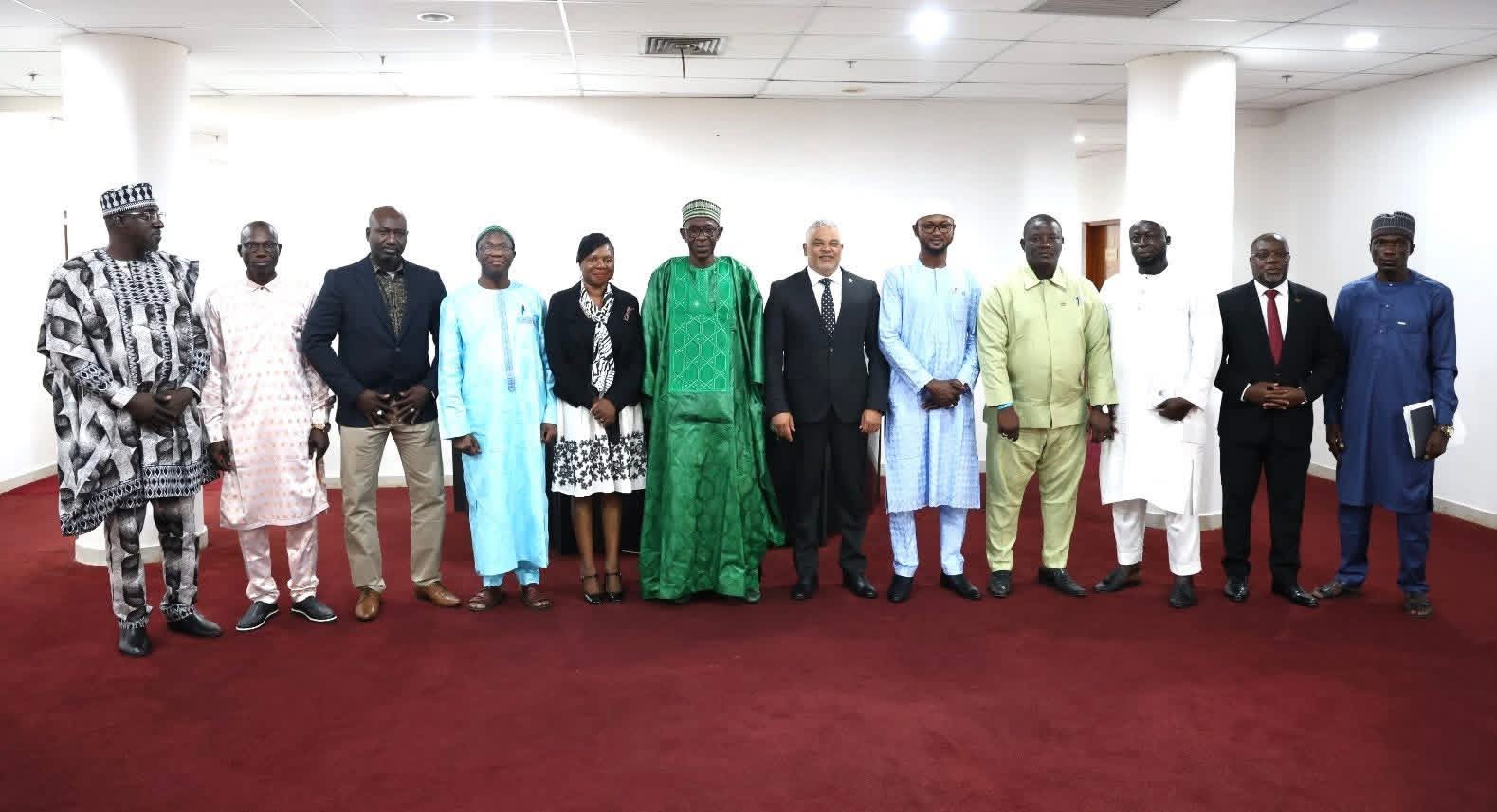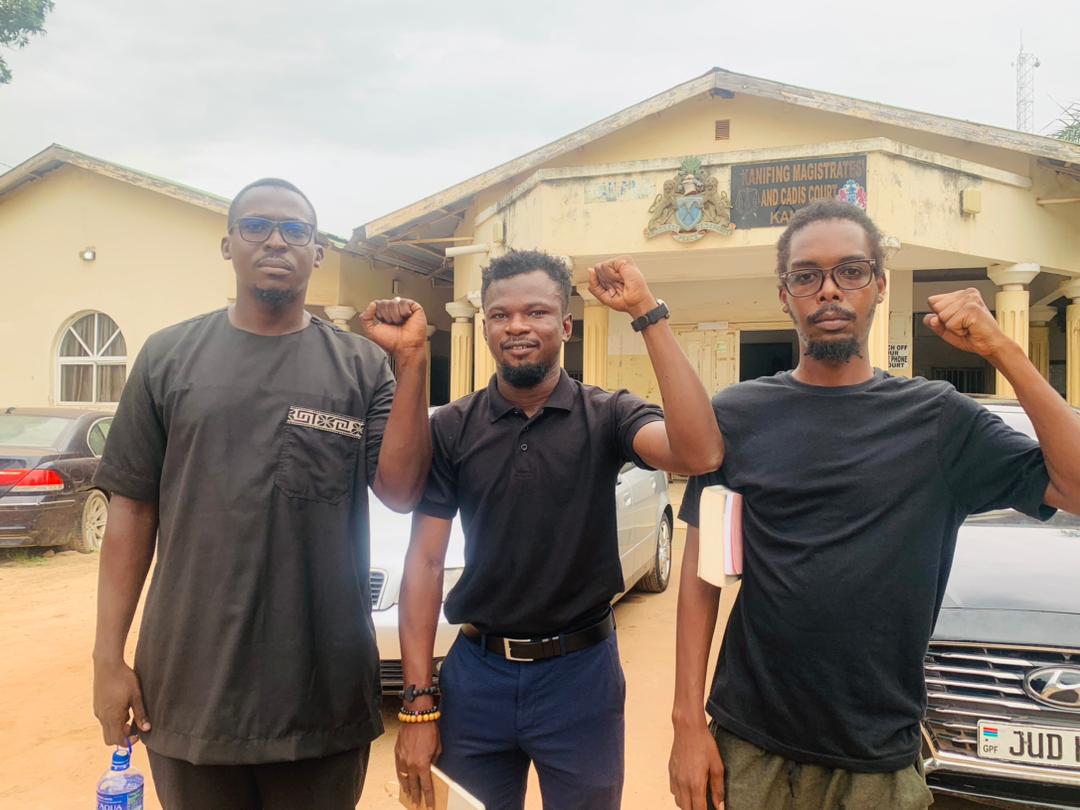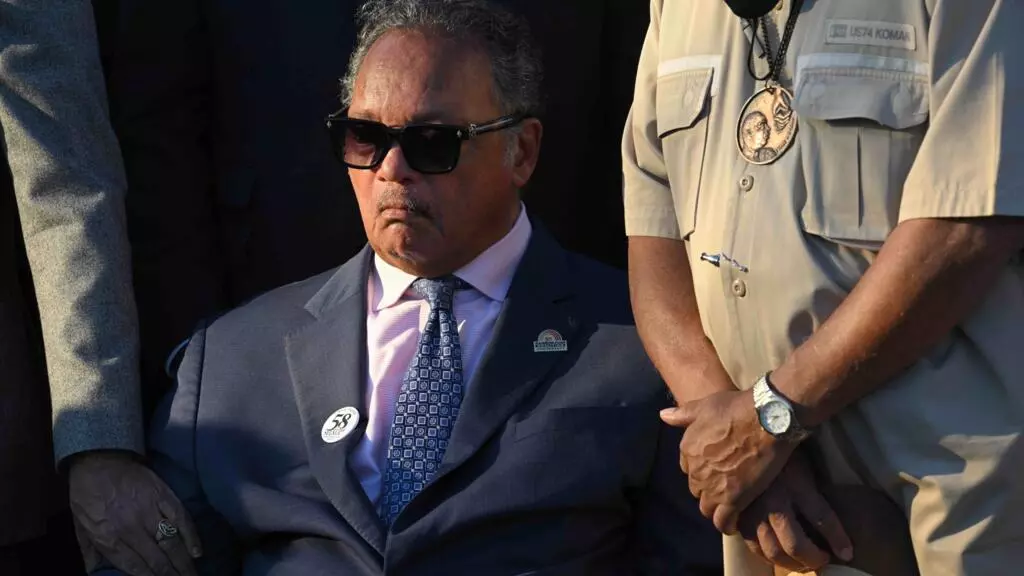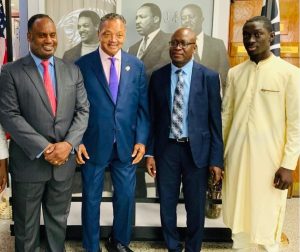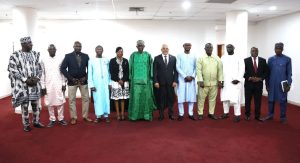Gambiaj.com – (BRUSSELS, Belgium) – A phone call between U.S. President Donald Trump and Russian President Vladimir Putin has sent shockwaves across Europe, raising concerns that Washington may broker a peace deal in Ukraine without Kyiv or its European allies at the negotiating table.
Ukrainian President Volodymyr Zelensky warned Thursday that his country would not accept an agreement forged solely between the U.S. and Russia. He expressed frustration that Trump had spoken to Putin before consulting Kyiv, casting doubt on the Western mantra of “nothing about Ukraine without Ukraine.”
While Trump and his defense secretary, Pete Hegseth, have stated that Ukraine will be included in negotiations, Trump’s ambiguous response when asked whether Kyiv would be treated as an equal partner—calling it “an interesting question”—has fueled skepticism.
European Alarm Over Potential “Quick Fix”
Kaja Kallas, the European Union’s foreign policy chief, cautioned against a rushed settlement, warning of a “dirty deal” that could undermine Ukraine’s sovereignty. “Any deal behind our backs will not work,” she asserted, emphasizing that Europe must be part of the discussions.
Trump’s announcement that negotiations will begin immediately took European leaders by surprise, raising fears that Washington could strike an agreement that Europe would be left to enforce—possibly at great financial and strategic cost. Trump has previously suggested that Ukraine compensate the U.S. with rare earth minerals, while Hegseth informed NATO allies that non-U.S. troops would be responsible for policing any post-war settlement.
Adding to European unease, Hegseth declared that Washington does “not believe that NATO membership for Ukraine is a realistic outcome,” contradicting long-standing alliance commitments. A NATO official later clarified that Ukraine remains on a path to membership, but the shift in tone from Washington has left many European allies feeling sidelined.
Europe’s Dilemma: Self-Reliance or Subordination?
European officials, particularly from nations bordering Russia, have expressed deep concern. Lithuanian Defense Minister Dovilė Šakalienė stressed that Europe had provided Ukraine with $125 billion in aid last year, compared to the U.S.’s $88 billion, arguing that this financial commitment justifies a seat at the negotiating table.
Šakalienė also warned against trusting a Trump-Putin deal, calling it a “deadly trap.” She urged Europe to embrace its own economic, financial, and military capacity rather than relying on Washington. Her Estonian counterpart, Hanno Pevkur, invoked the European solidarity principle: “One for all, all for one.”
However, building a robust European defense industry remains a long-term challenge. NATO Secretary-General Mark Rutte acknowledged that Russia produces in three months what the entire alliance manufactures in a year in terms of ammunition, underscoring the gap in military readiness.
Historical Parallels and NATO’s Uncertain Future
Moscow appears to be reveling in Europe’s discomfort. Russian Foreign Minister Sergey Lavrov dismissed concerns over Trump’s call with Putin, remarking that it was simply “a normal conversation between two polite, educated individuals.”
European leaders, however, see troubling historical echoes. Some have drawn comparisons to the 1938 Munich Agreement, which ceded Czechoslovakia to Nazi Germany in a failed attempt to prevent war. Others recall the Soviet invasion of Czechoslovakia in 1968, when Moscow crushed a pro-democracy movement that threatened its dominance over Eastern Europe—an episode that mirrors Putin’s current fears over Ukraine’s Western alignment.
For NATO’s European members, the prospect of the U.S. stepping back from its security commitments is forcing a stark reassessment. German Defense Minister Boris Pistorius lamented Washington’s decision to rule out NATO membership for Ukraine and warned that Putin would continue provoking the West.
This weekend’s Munich Security Conference, attended by U.S. Vice President JD Vance and Trump’s special envoy to Ukraine, Keith Kellogg, will offer Europe its first opportunity to press Washington for clarity. Until then, uncertainty looms over NATO’s future and Ukraine’s fate.



